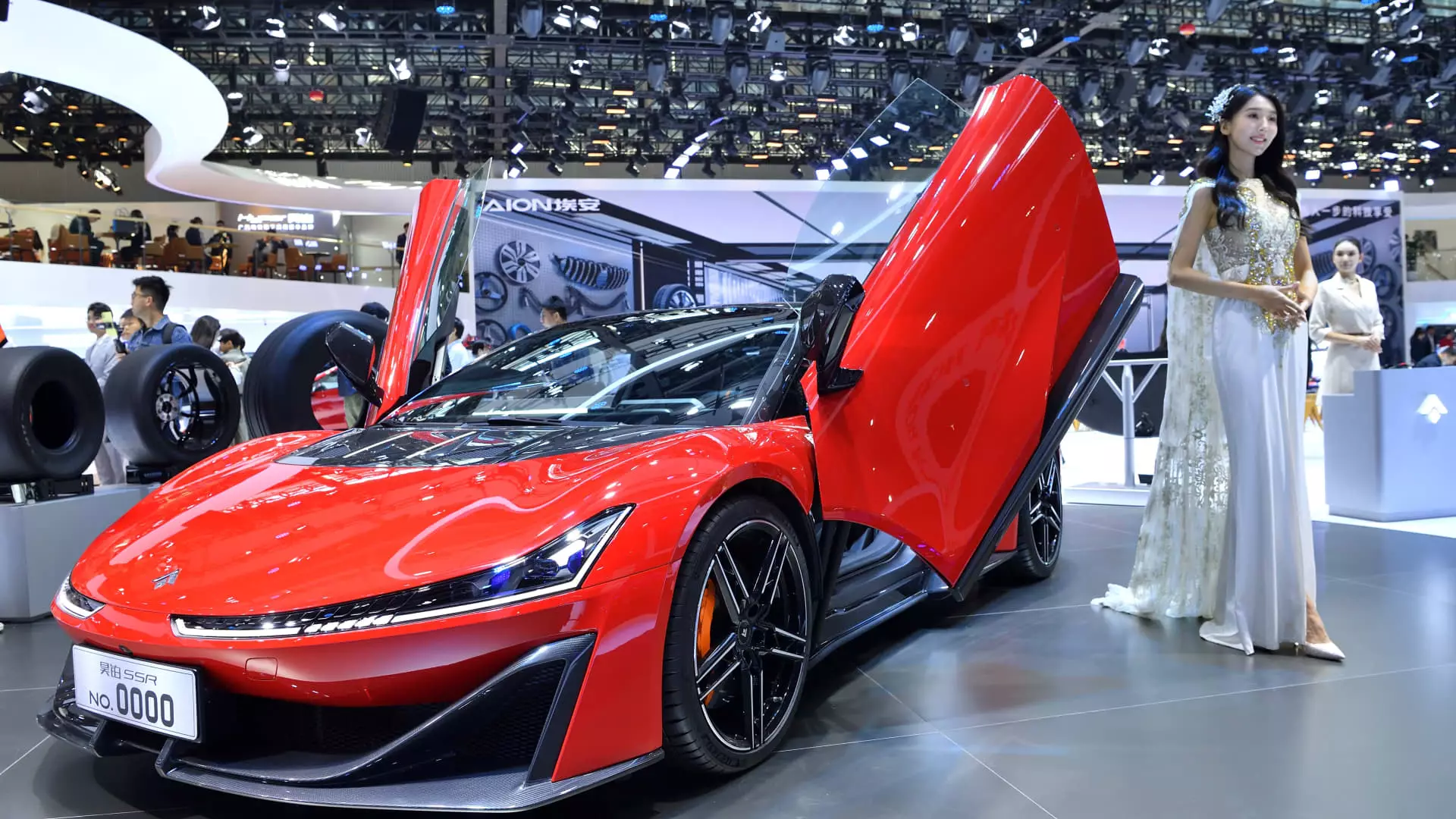The automotive industry is undergoing a significant transformation as Chinese automakers are poised to rapidly expand their presence in the global market. According to a new report by AlixPartners, these automakers are expected to achieve a 33% market share by 2030, a substantial increase from the forecasted 21% for this year. The growth is anticipated to come largely from markets outside of China, with sales expected to triple from 3 million to 9 million vehicles by the end of the decade.
The rapid expansion of Chinese automakers is causing concern among legacy automakers and politicians worldwide. There is a fear that the influx of less-expensive, China-made vehicles will inundate markets, leading to increased competition and potentially undercutting domestic-produced models, especially in the electric vehicle segment. AlixPartners predicts that Chinese brands will grow across all global markets, with a smaller expansion expected in Japan and North America.
Chinese automakers are forecasted to achieve a 3% market share in North America, primarily in Mexico, by 2030. In Europe, where Chinese automakers have gained traction in recent years, the market share of Chinese automotive brands is expected to double from 6% to 12% by 2030. Additionally, Chinese automakers are projected to increase their market share in China from 59% to 72%.
The report attributes the expansion of Chinese automakers to several key factors, including cost advantages, localized production strategies that support a build-where-you-sell approach in international markets, and highly technologically advanced vehicles that align with changing consumer preferences for design and innovation. Chinese automakers are known for their ability to create new products in half the time of legacy automakers, mainly due to efficient design and testing processes that prioritize meeting standards without overengineering.
Legacy automakers, such as General Motors, are facing challenges in China due to the rapid growth of domestic automakers like BYD, Geely, and Nio. To remain competitive in the evolving automotive landscape, traditional automakers must reevaluate their business development processes and accelerate the pace of vehicle development. The report emphasizes the importance of adapting to the changing market dynamics and increasing competition from Chinese automakers.
The rise of Chinese automakers in the global market presents both opportunities and challenges for the automotive industry. While Chinese brands are expected to significantly expand their market share in the coming years, legacy automakers have the opportunity to innovate and adapt to remain competitive in the face of increasing competition. The automotive industry is undergoing a period of rapid change, and only those automakers that can embrace this transformation will thrive in the future.

